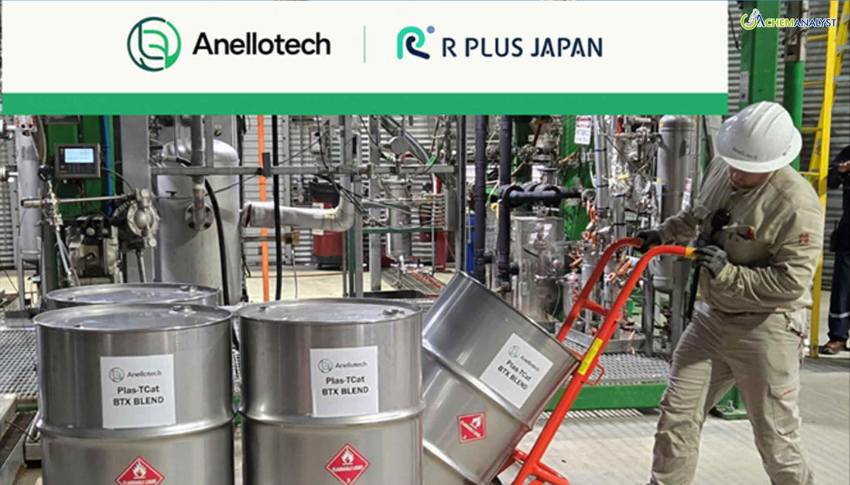Welcome To ChemAnalyst

This breakthrough technology transforms diverse plastic waste into valuable chemicals for new plastics, marking a significant step towards a circular economy.
In a landmark announcement poised to redefine the landscape of chemical recycling and accelerate circular economy solutions, R Plus Japan (RPJ) and Anellotech, Inc. (Anellotech) have declared that their innovative catalytic cracking technology, Plas-TCat®, is officially moving into its commercialization phase. This groundbreaking technology holds the key to transforming mixed plastic waste directly into the foundational chemicals required for producing new plastics.
The move to commercialization follows an intensive and highly successful vetting period, during which the Plas-TCat® technology demonstrated exceptional performance over more than 2,000 hours of continuous operation at Anellotech’s 200,000 kg/year TCat-8® semi-commercial facility in Silsbee, Texas. This extensive trial period has unequivocally proven the technology's operational robustness, scalability, and consistent on-stream performance under real-world conditions.
A crucial milestone leading to this announcement was the completion of a site-neutral Plas-TCat Process Design Package, a collaborative effort supported by Technip Energies. This achievement represents the culmination of a successful joint development initiative between RPJ and Anellotech, which commenced in 2020, highlighting the power of international cooperation in tackling complex global challenges.
"Together, RPJ and Anellotech have shown that it's possible to deliver a scalable, next-generation solution that truly advances circularity for plastic waste," stated Atsushi Ohtake, CEO of R Plus Japan. "This milestone highlights the strength of cross-national collaboration in addressing global sustainability challenges. We’re excited to begin the path to commercialization in Japan and beyond." Ohtake's remarks underscore the transformative potential of Plas-TCat® and the commitment of both organizations to making a tangible impact on environmental sustainability.
The TCat-8® plant trials were instrumental in showcasing Plas-TCat®'s unique capabilities. Unlike many other recycling methods, this technology employs a proven catalytic system to convert unsorted and untreated plastic waste – encompassing a wide array of materials including PE, PP, PET, PS, PU, PC, ABS, and nylon – into high-value light olefins and aromatics. These include essential building blocks like benzene, toluene, xylene (BTX), ethylene, and propylene, along with other valuable products, all contributing significantly to the circular economy. The companies also noted that future plants may incorporate pretreatment units to handle halogenated feedstocks, further broadening the technology's applicability.
With the technology now thoroughly validated, commercial plant discussions are actively underway with prospective feedstock, off-take, and operating partners. Plas-TCat® offers a compelling and cost-effective pathway to circular plastics, presenting an attractive proposition for industries seeking sustainable solutions.
We use cookies to deliver the best possible experience on our website. To learn more, visit our Privacy Policy. By continuing to use this site or by closing this box, you consent to our use of cookies. More info.
